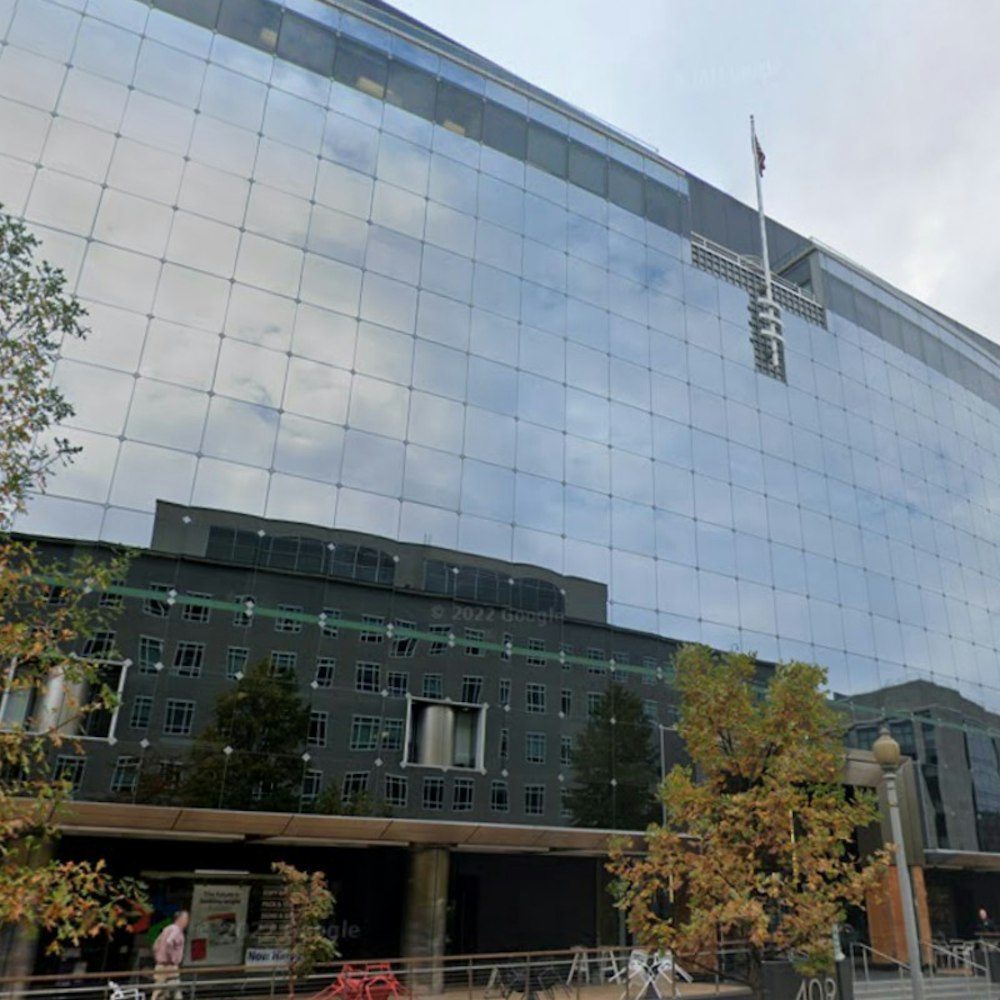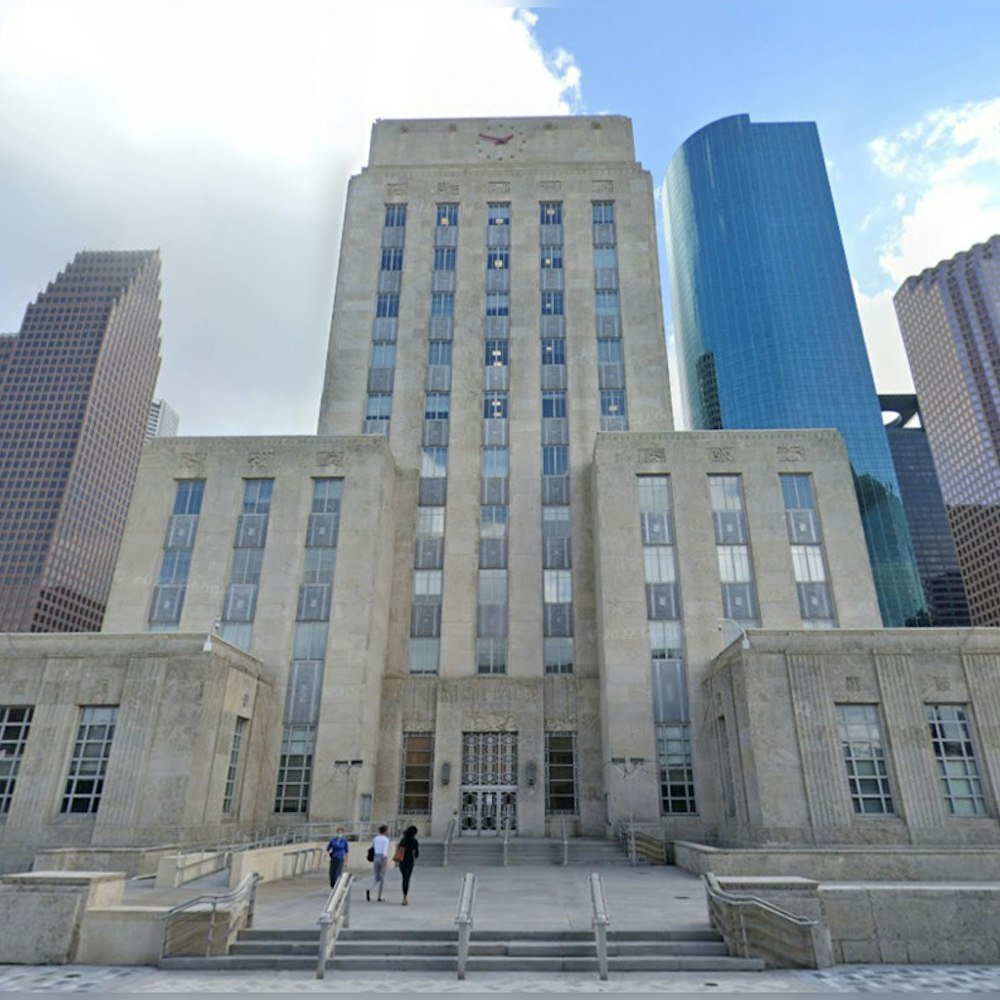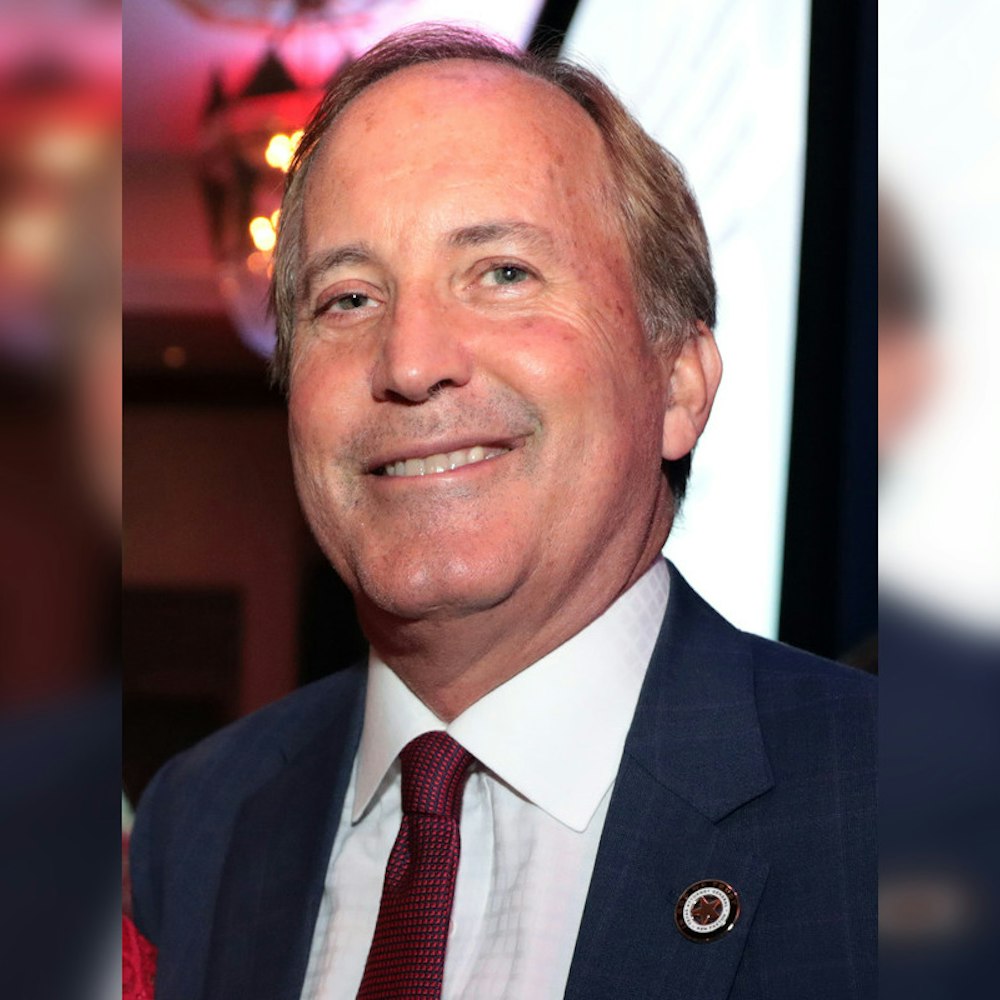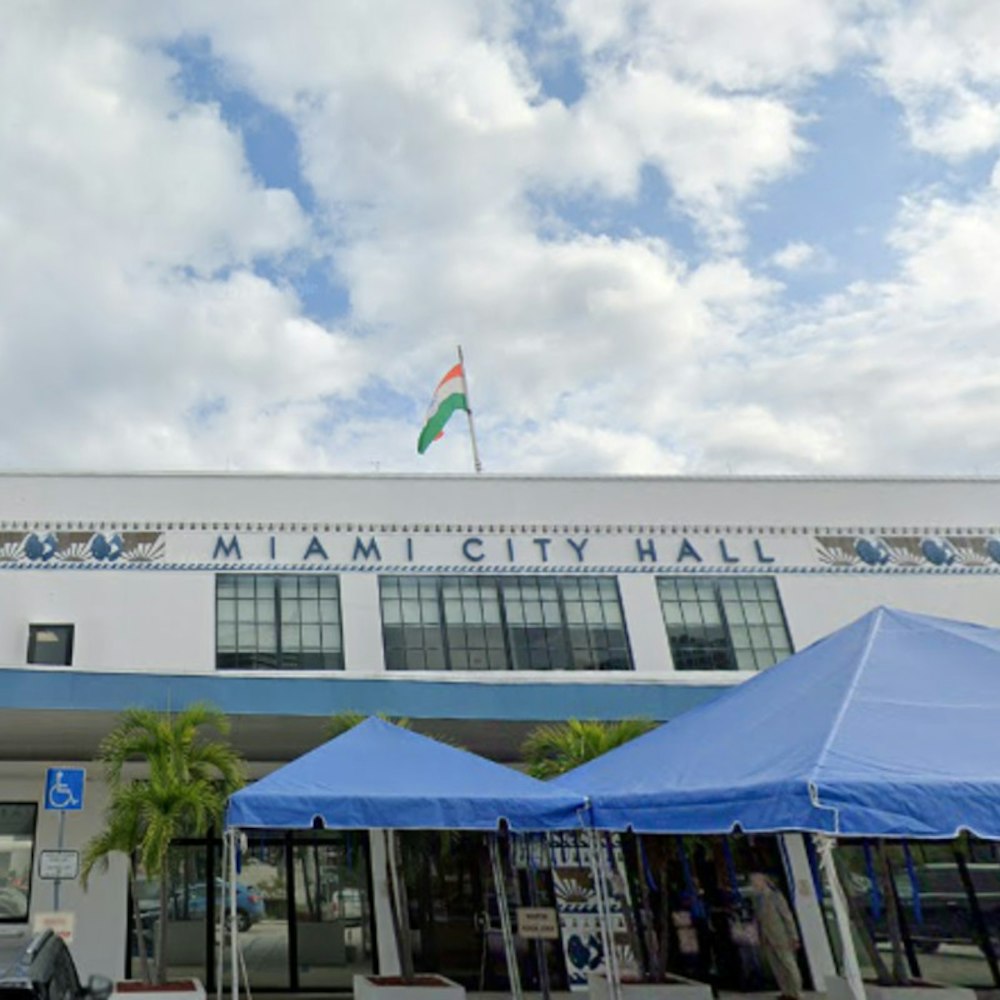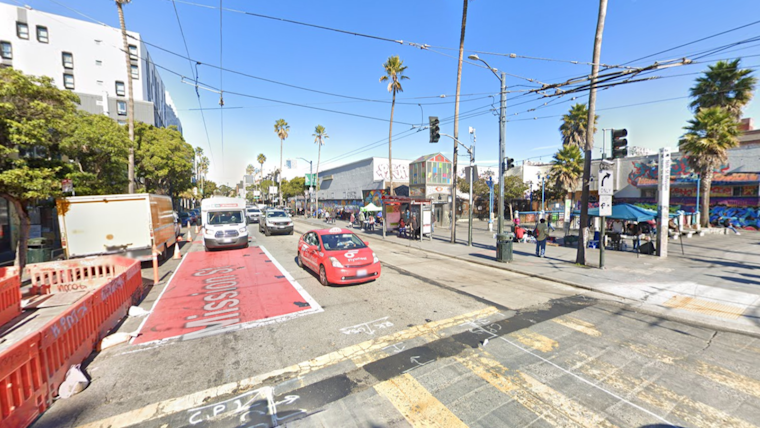
San Francisco's Mission Street is seeing an extension to its street vending moratorium. Mayor London N. Breed alongside Supervisor Hillary Ronen, signaled the persistence of stiffer rules for another six months. Initially set for 90 days, the regulations aimed to tackle public safety and cleanliness, now look to solidify gains made since its November inception.
The crackdown is designed to continue improving the neighborhood, which has seen a notable drop in crime and grime. According to the City's announcement, there's been a 30% decrease in assaults and robberies combined. This is a development that City Hall and residents hope to maintain by careful extension of the moratorium along the bustling transit hub.
Support for the measure is strong among Mission Street's merchants, with 76% backing the ongoing pause in street vending, which has helped create a safer, cleaner environment according to a survey cited by the Mayor's office. Supervisor Ronen remarked on the need to continually build progress, stating, "District 9 residents and small businesses have noted that Mission Street is markedly safer, cleaner and more accessible," in comments obtained by the official City announcement.
Enforcement operations tailored to specifically target illegal activities will persist within a 300-foot radius along Mission Street. The SFPD and Public Works are aligned in their mission to police the area efficiently, maintaining a noticeable difference in communal safety. Police Chief Bill Scott has expressed encouragement over the progress, acknowledging the officers doing "this important work every day." This momentum aims to be carried through with the moratorium's extension.
Before the moratorium came into effect, Breed and Ronen, together with city agencies and community input, had laid out measures to alleviate community concerns and shore up support services for permitted vendors. This included workforce training, marketing assistance, and emergency relief funds. Designated city spaces, like El Tiangue and La Placita, were established for authorized vendors, and partnerships with community groups like the Latino Task Force were formed to facilitate resource access for impacted vendores.




